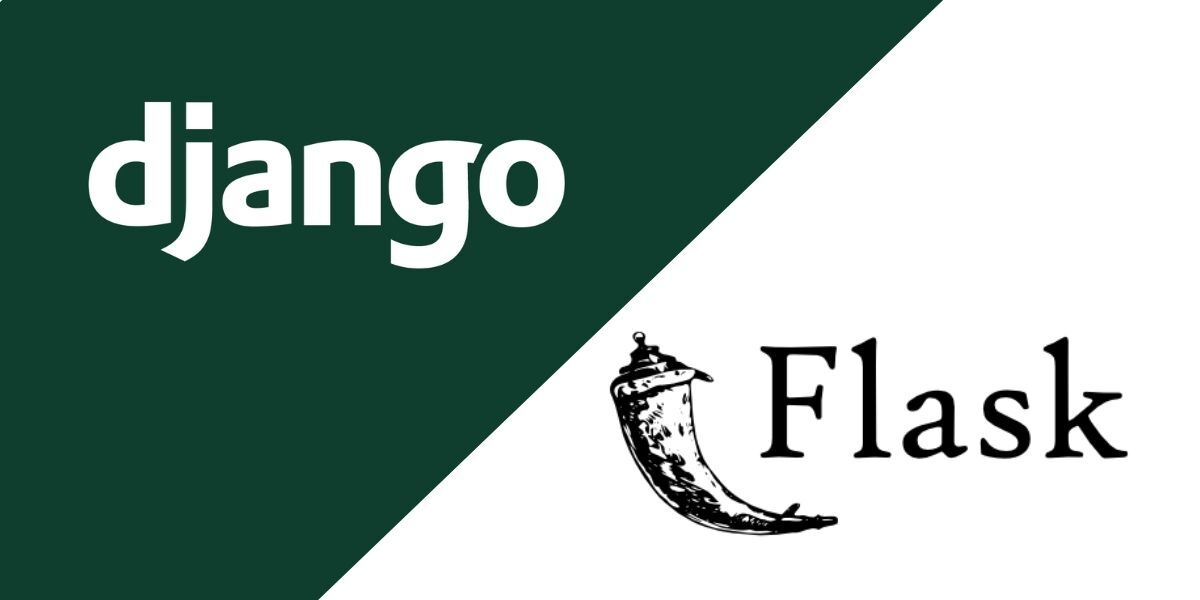Django vs. Flask: A Comparative Analysis of Python Web Frameworks
As Python continues to gain popularity in web development, developers are often faced with the dilemma of choosing the right web framework for their projects. Django and Flask are two of the most widely used and robust Python web frameworks, each with its own set of strengths and use cases. In this blog post, we will compare Django and Flask to help you make an informed decision about which framework best suits your needs.
Django: The Full-Stack Web Framework
Django is a high-level, full-stack web framework that comes with everything you need to build complex web applications. It follows the “batteries included” philosophy, providing a wide array of built-in features, tools, and packages, allowing developers to get started quickly and efficiently. Django’s powerful Object-Relational Mapping (ORM) system simplifies database interactions, and its built-in admin interface streamlines the process of managing and maintaining database records. Additionally, Django offers a robust authentication system, URL routing, form handling, and security features, making it an ideal choice for projects that require a comprehensive set of functionalities.
Advantages of Django
- Comprehensive documentation and a vast community of developers.
- Built-in admin interface for easy database management.
- Security features, such as protection against common web vulnerabilities.
- Django Rest Framework for building powerful and flexible APIs.
- Django’s convention-over-configuration approach accelerates development.
Flask: The Micro Web Framework
Flask, on the other hand, is a micro web framework designed to be minimalistic and lightweight. It provides the fundamental tools needed for web development, giving developers greater control and flexibility over their application’s architecture. Unlike Django’s opinionated structure, Flask follows a “do-it-yourself” approach, where developers can choose the libraries and extensions they need, tailoring the application to their specific requirements. Flask is a great choice for small to medium-sized projects, APIs, and prototypes, as it provides the freedom to build from scratch without unnecessary overhead.
Advantages of Flask
- Lightweight and minimalistic, perfect for small projects and prototypes.
- Flexible and modular, allowing developers to use only what they need.
- No mandatory database or ORM, providing the freedom to choose the preferred database system.
- Flask-WTF for simple form handling and validation.
- Extensive ecosystem of extensions, providing additional features when required.
Choosing Between Django and Flask
Project Complexity
If your project demands a complete set of features, such as a built-in admin interface, user authentication, and complex database interactions, Django is the more suitable choice. On the other hand, if your project is relatively simple, lightweight, and you prefer a more flexible architecture, Flask might be the better option.
Development Speed
Django’s built-in features enable developers to build applications quickly, while Flask’s minimalist approach may require more time for manual setup and configuration.
Learning Curve
Django’s opinionated structure can be advantageous for beginners, as it provides a clear path and well-defined conventions. Flask, on the other hand, might have a steeper learning curve but offers more flexibility and control.
Project Scope
Consider the project’s current and future scope. For long-term, large-scale projects with evolving requirements, Django’s comprehensive framework might be more scalable and maintainable.
In conclusion, the choice between Django and Flask depends on the specific requirements of your web project. Django’s full-stack nature and built-in functionalities make it an excellent choice for complex, feature-rich applications, while Flask’s lightweight and flexible architecture suit smaller projects or developers who prefer more control over their application’s components. Ultimately, both frameworks are powerful tools, and the decision should be based on your development preferences, project scope, and the level of control you desire. Whichever you choose, Python remains a versatile and capable language for web development, ensuring the success of your project with either Django or Flask.

